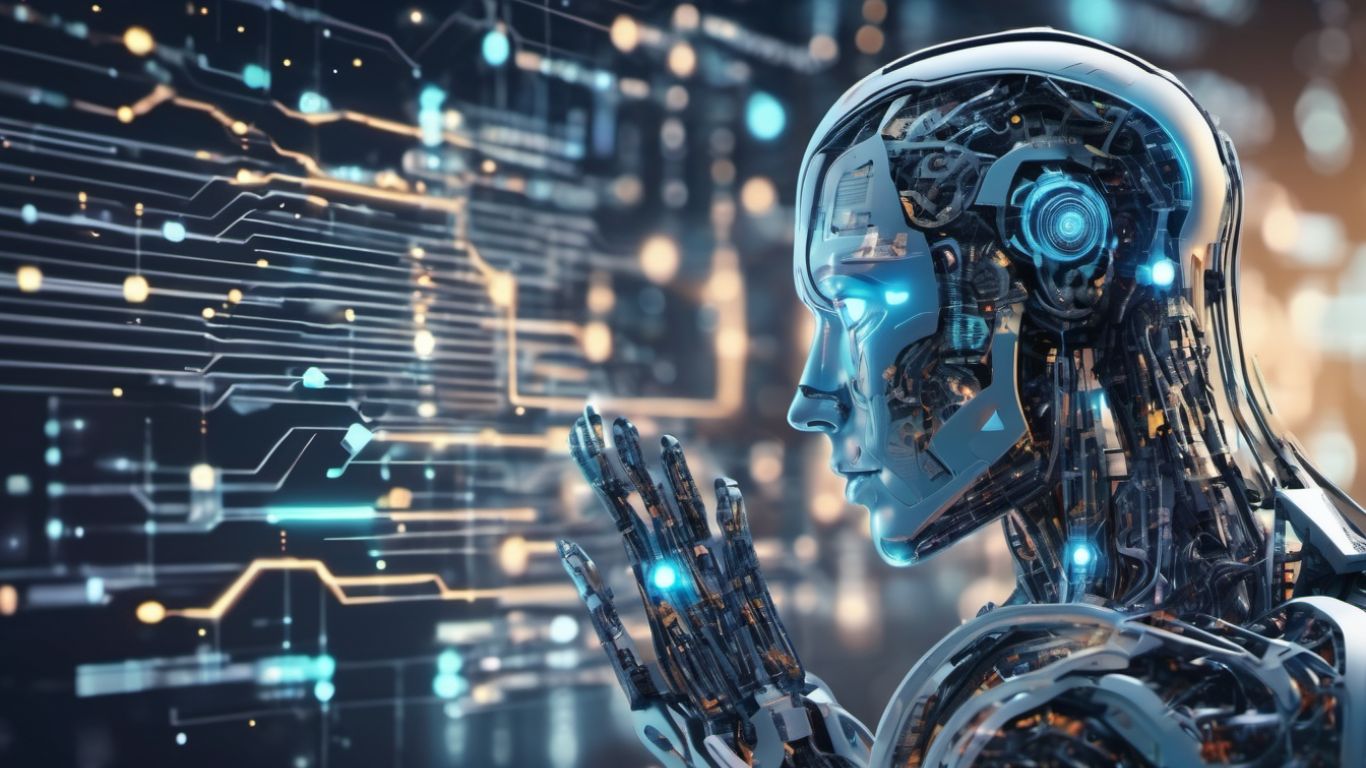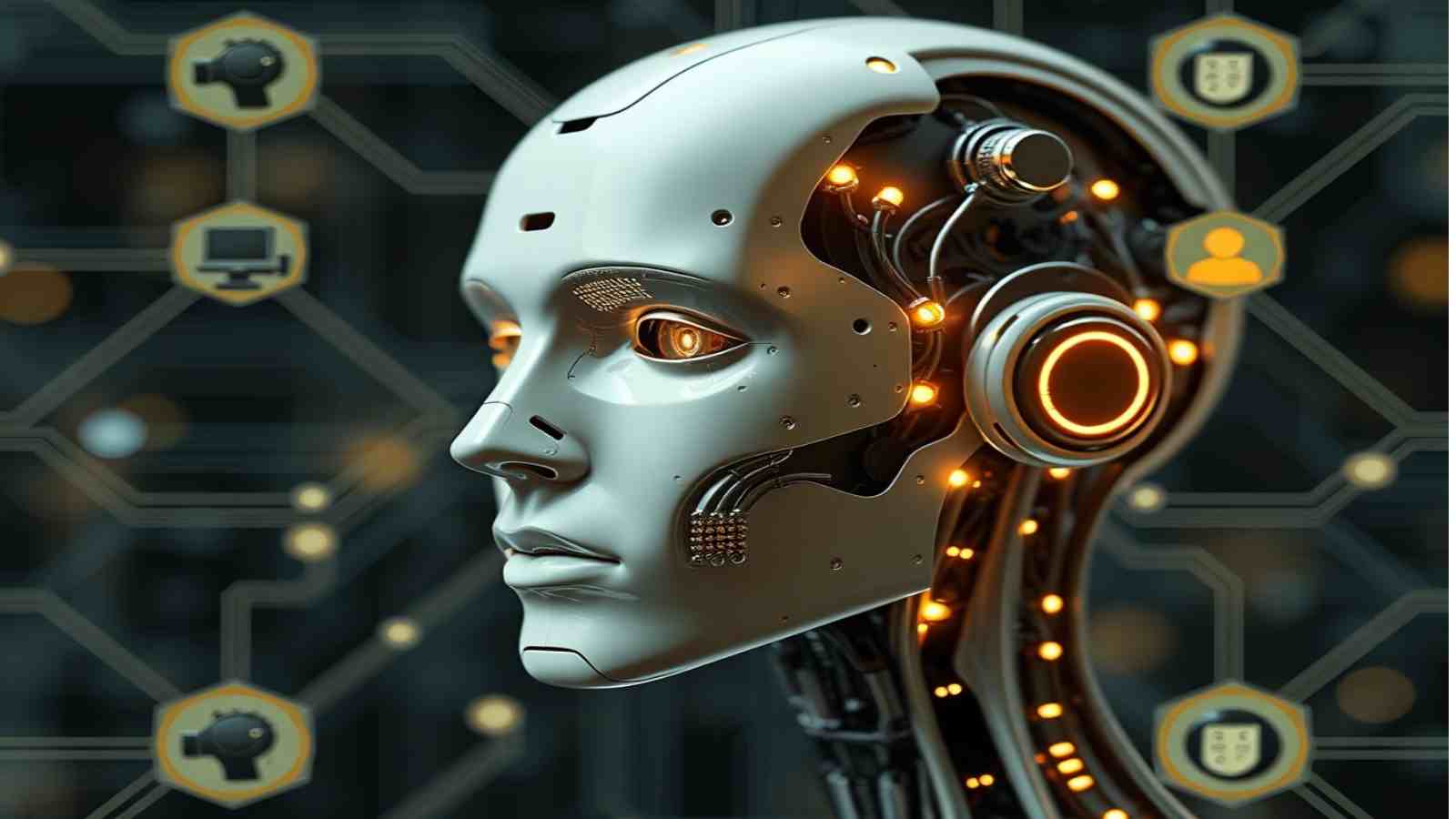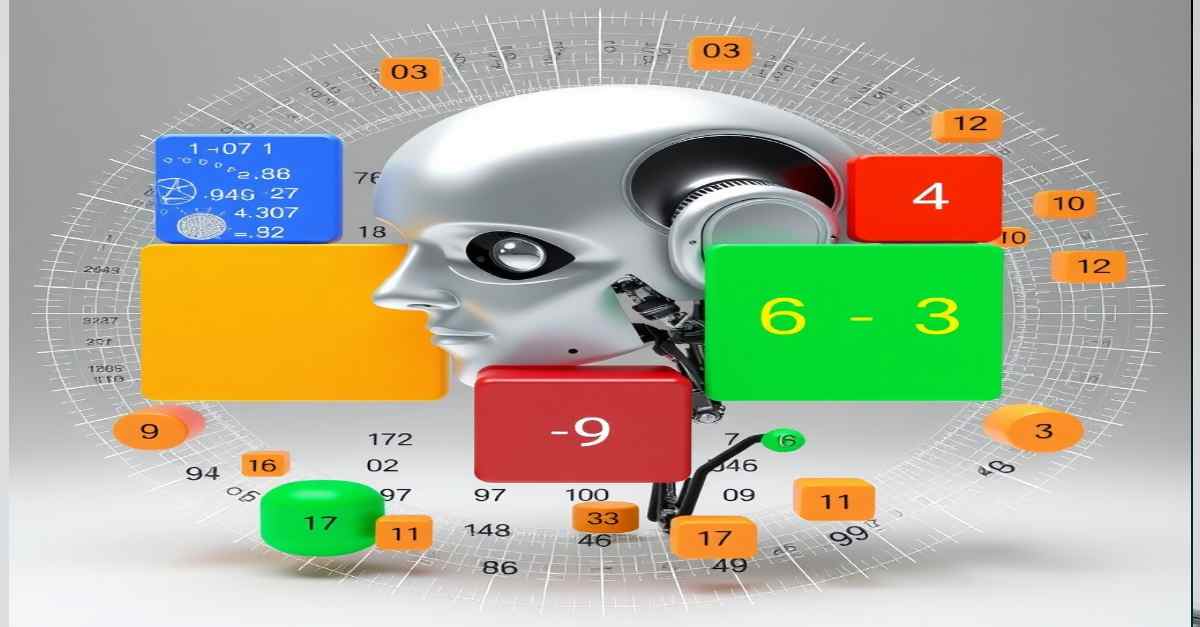Artificial Intelligence (AI) has seen a meteoric rise in popularity over the years, driven by key milestones, influential figures, and groundbreaking technologies. Let’s explore the timeline and factors contributing to the widespread adoption and fascination with AI.
Key Historical Milestones in AI Development
1956: Dartmouth Conference
The birth of AI as a formal field of study was marked by the Dartmouth Conference. This seminal event sparked initial interest and curiosity in the potential of intelligent machines.
1966: ELIZA
The introduction of ELIZA, a pioneering natural language processing computer program, captivated the public by demonstrating early AI’s capabilities in understanding and processing human language.
1980s: Expert Systems
The emergence of expert systems, which mimic and enhance human decision-making, showcased AI’s potential in specialized domains like medical diagnosis and financial modelling.
1997: Deep Blue vs. Kasparov
IBM’s Deep Blue’s defeat of world chess champion Garry Kasparov was a watershed moment, bringing AI into mainstream consciousness and showcasing its strategic thinking capabilities.
2011: Watson on Jeopardy!
IBM’s Watson’s victory in Jeopardy! against human champions demonstrated significant advancements in natural language processing and knowledge retrieval, further solidifying AI’s capabilities.
2012: Google’s Deep Learning
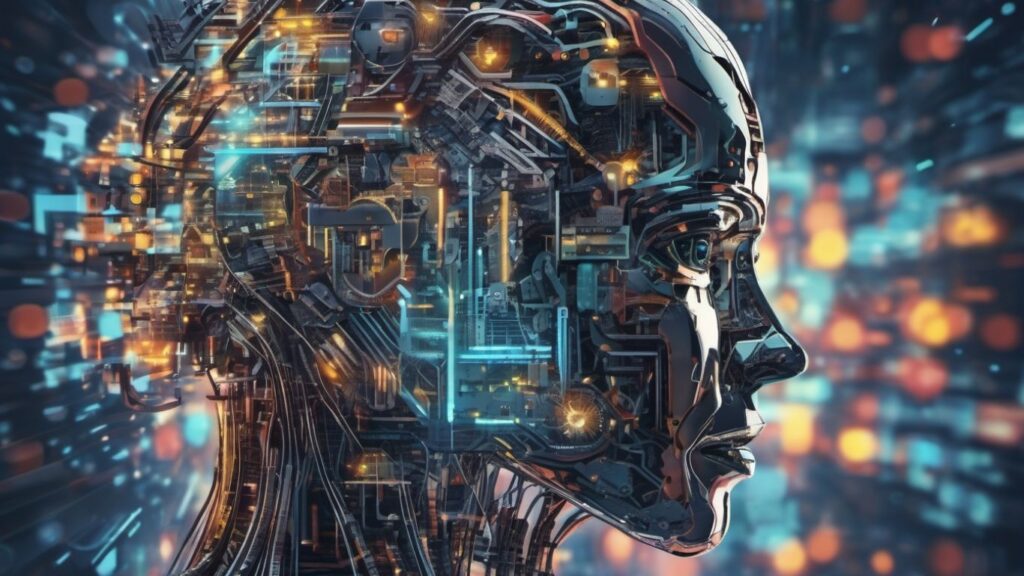
The introduction of Google’s Deep Learning program marked a significant leap in machine learning, enabling AI to tackle more complex tasks with improved accuracy.
2016: AlphaGo vs. Lee Sedol
AlphaGo, developed by DeepMind, beating world champion Go player Lee Sedol, was a landmark event, proving AI’s ability to handle intricate and strategic games previously thought to be beyond its reach.
Influential Figures in AI
Alan Turing
Often regarded as the father of AI, Alan Turing’s pioneering work laid the foundation for modern AI, including developing the Turing Test to evaluate a machine’s ability to exhibit intelligent behaviour.
Ray Kurzweil
A visionary futurist and inventor, Ray Kurzweil has made significant contributions to AI, particularly in speech recognition and machine learning.
Fei-Fei Li
A leading AI researcher, Fei-Fei Li’s work in computer vision and deep learning has been instrumental in advancing AI’s capabilities in understanding and interpreting visual data.
Impactful AI Technologies
Natural Language Processing (NLP)
Advancements in NLP, including chatbots and language translation services, have made AI interactions more human-like and accessible, enhancing user experiences.
Machine Learning Algorithms
The emergence of machine learning algorithms has revolutionized various applications, from recommendation systems in e-commerce to predictive analytics in healthcare, improving decision-making processes.
Computer Vision
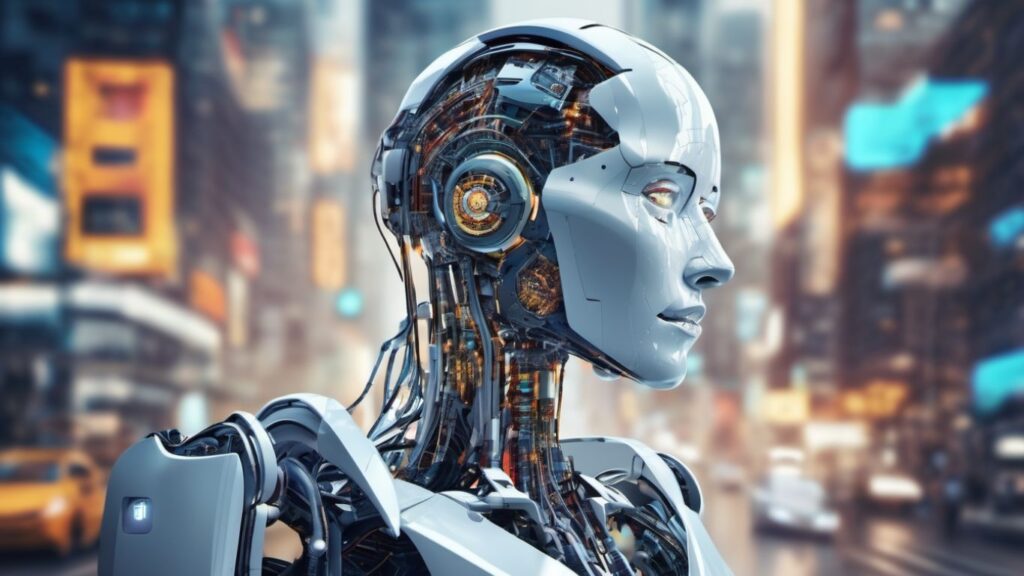
Computer vision technologies used in facial recognition, autonomous vehicles, and medical imaging analysis have showcased AI’s capacity for complex visual tasks.
AI in Gaming
Milestones like Deep Blue and AlphaGo have highlighted AI’s strategic and problem-solving capabilities in highly competitive environments, garnering public interest.
Integration in Smart Devices
Integrating AI in smart devices and the Internet of Things (IoT) has led to more personalized and automated experiences in smart homes and cities, making AI relevant to daily life.
Factors Contributing to AI’s Popularity
Formalization of AI as a Field
The Dartmouth Conference 1956 formalized AI as a field of study, sparking initial interest and curiosity about intelligent machines.
Breakthrough Technologies
Achievements like ELIZA in 1966 and expert systems in the 1980s captivated the public with early demonstrations of AI’s natural language processing and decision-making capabilities.
High-Profile AI Achievements
Events such as IBM’s Deep Blue defeating Garry Kasparov in 1997 and Watson winning Jeopardy! in 2011 brought AI into mainstream consciousness, showcasing its potential in strategic thinking and knowledge retrieval.
Advances in Machine Learning
The introduction of Google’s Deep Learning program in 2012 significantly advanced machine learning capabilities, renewing interest in AI and its potential applications across industries.
AI in Popular Culture
AlphaGo’s victory over Lee Sedol in 2016 further solidified AI’s status in popular culture, demonstrating its ability to tackle complex problems previously thought to be beyond the reach of machines.
Practical Integration
The practical integration of AI into everyday technologies, such as smart devices and IoT, has made AI more accessible and relevant to daily life, contributing to its widespread popularity.
Industries Successfully Integrating AI
Healthcare
Various healthcare institutions have adopted IBM’s Watson Health to assist in diagnostics, drug discovery, and treatment recommendations, showcasing AI’s potential to improve patient outcomes.
Retail
Amazon’s use of AI for demand forecasting, personalized recommendations, and cashier-less stores has revolutionized the retail industry, enhancing customer experiences and operational efficiency.
Financial Services
Companies like PayPal and Mastercard have integrated AI for fraud detection, risk assessment, and customer service, significantly improving security measures and operational effectiveness.
Automotive
Tesla’s use of AI in its autonomous driving technology has set new standards in vehicle safety and accelerated the development of self-driving vehicles in the automotive industry.
Entertainment and Media
Netflix and Spotify use AI algorithms to recommend content, personalize user experiences, and demonstrate AI’s impact on entertainment and media.
FAQs
What is Artificial Intelligence (AI)?
Artificial Intelligence (AI) is the simulation of human intelligence in machines programmed to think and learn like humans. These systems can perform tasks that typically require human intelligence, such as visual perception, speech recognition, decision-making, and language translation.
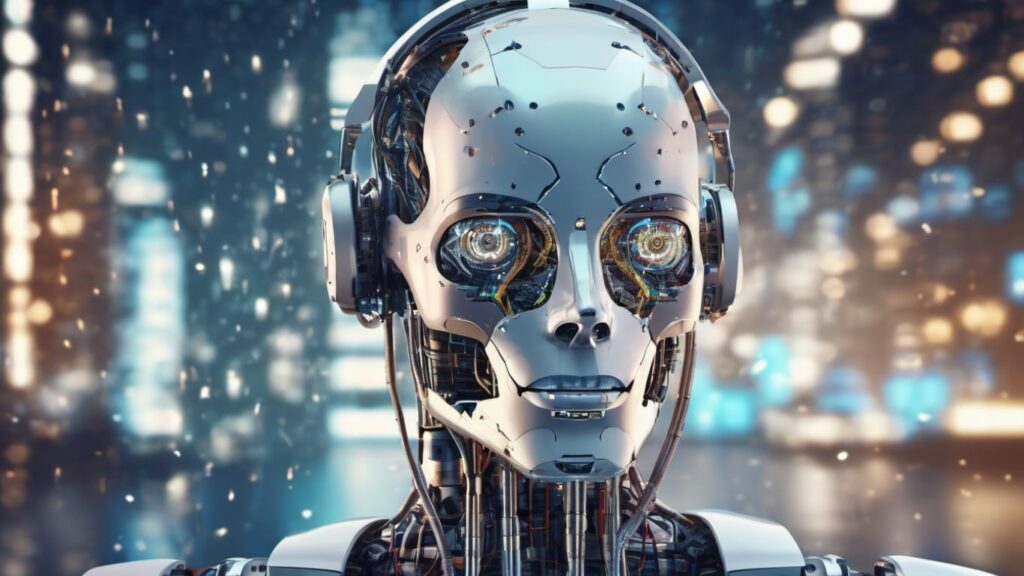
How does Machine Learning differ from AI?
Machine Learning is a subset of AI that focuses on developing algorithms that allow computers to learn from and make predictions or decisions based on data. While AI encompasses a broader range of technologies and applications, Machine Learning enhances systems through experience and data analysis.
What are some real-world applications of AI?
AI has a wide range of applications across various industries. In healthcare, AI assists with diagnostics and treatment recommendations. In retail, it enhances customer experiences through personalized recommendations. Financial services use AI for fraud detection and risk assessment, while the automotive industry leverages AI for autonomous driving technologies. Entertainment platforms like Netflix and Spotify also use AI to personalize content suggestions.
Are there any ethical concerns with AI?
Yes, several ethical concerns related to AI exist, including data privacy, bias in algorithms, job displacement due to automation, and the potential for misuse of surveillance technologies. Ongoing discussions and regulations aim to address these issues to ensure the responsible and equitable use of AI.
How is Natural Language Processing (NLP) relevant to AI?
NLP is a branch of AI that focuses on the interaction between computers and humans through natural language. It enables machines to understand, interpret, and respond to human language in a meaningful and useful way. Examples of NLP applications include chatbots, language translation services, and virtual assistants.
What is the Turing Test?
The Turing Test, developed by Alan Turing, measures a machine’s ability to exhibit intelligent behaviour indistinguishable from a human’s. A machine passes the test if it can converse with a human evaluator without the evaluator knowing they are interacting with a machine.
What are the main languages used in AI development?
Several programming languages are commonly used in AI development, including Python, R, Java, and C++. Python is particularly popular due to its simplicity and the availability of extensive libraries and frameworks that support machine learning and AI research.
What role does data play in AI?
Data is fundamental to AI, as it drives the learning and decision-making processes in machine learning models. The quality and quantity of data significantly affect the accuracy and effectiveness of AI systems. Proper data collection, preprocessing, and management are crucial components of AI development.
Can AI improve over time?
Yes, AI systems are designed to improve over time. Machine Learning algorithms, in particular, learn from new data and experiences, refining their predictions, decisions, and overall performance. This ability to adapt and improve is one of the defining characteristics of machine learning and AI technology.
How can businesses benefit from AI?
Businesses can benefit from AI in numerous ways, including increased efficiency, cost reduction, enhanced customer service, and improved decision-making. For example, AI can automate repetitive tasks, provide insights through data analysis, personalize marketing efforts, and predict market trends, ultimately driving innovation and competitive advantage.
Conclusion
AI’s rise to popularity is a testament to its transformative potential across various industries. From improving customer service to revolutionizing healthcare, AI has proven to be a crucial tool for efficiency, data management, and maintaining a competitive edge in business.
To stay ahead in this evolving landscape, sign up for Jasper and explore how AI can benefit your organization today.







